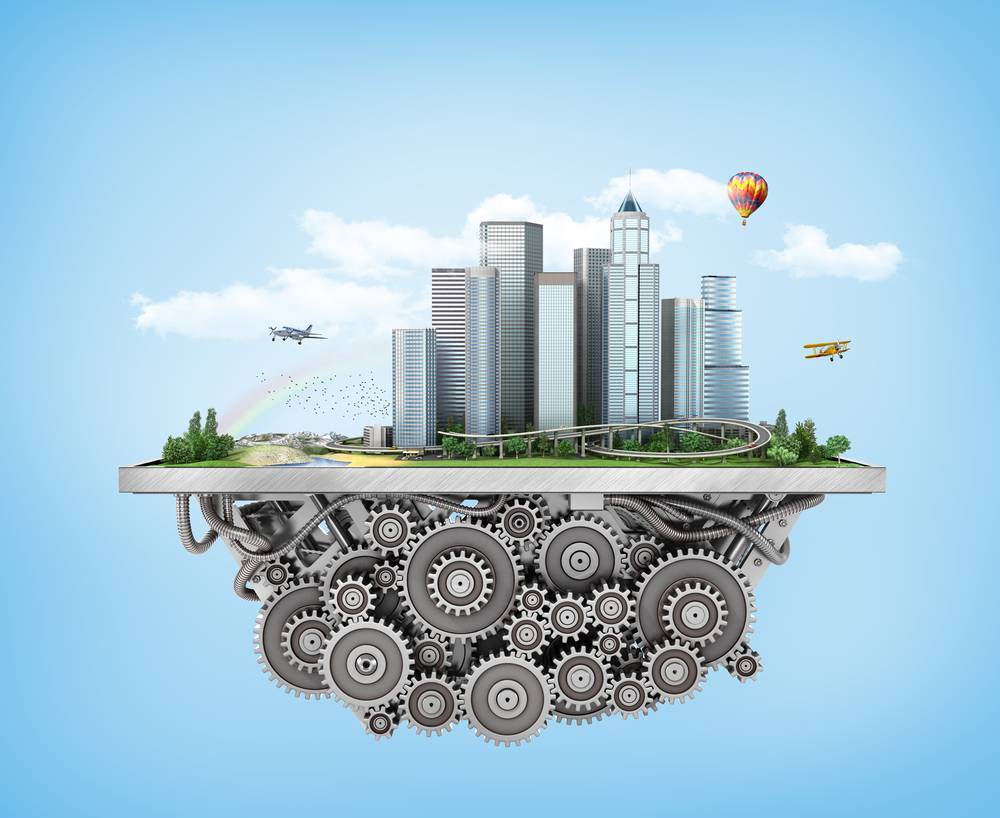
Value engineering is a methodology developed by Lawrence Miles in the USA during the Second World War because of shortages of raw materials and finished products. Miles formed a creative team approach to solving these issues, allowing the generation of alternative materials and design solutions to achieve the same results.
The concept of value engineering is to solve design issues, ensure the correct application of materials and identify/eliminate unnecessary costs, whilst improving function and quality. In construction, this involves considering innovation, the availability of materials, construction methods, transportation issues, site limitations or restrictions, planning, organisation, costs and profits. Benefits that can be delivered from value engineering include a reduction in life cycle costs, improvement in quality and sustainability, reduction of environmental impacts, and improvement of timescales to improve completion dates.
Challenges within the High-Rise Industry
There are new challenges and design requirements presented by high-rise building projects considering the arid region, density of buildings in certain locations, logistics and the particularly stringent project deliverables, regulations and specifications set out by clients. All of these elements, coupled with a drive for sustainability, puts additional financial strain on projects which in turn is interpreted into a very robust competitive spirit among developers. This often moves the tender process into a value engineering exercise however, the meaning of value engineering is now being interpreted as cost cutting, which is fundamentally incorrect.
The challenge that we continuously face in the region is that ‘cost not value’ is one of the main drivers during the construction stage predominantly driven by profit, which very rarely considers the impact that inappropriate changes have on design intent and quality. The main tool that is incorrectly identified and used is value engineering or given its correct name in this process, cost cutting.
Public health installations within high-rise buildings encompass very complex and challenging plumbing design requirements and thereby not easily replaced. There are no real International Standards to address this issue apart from fire protection designs, which are governed by NFPA and Civil Defence regulations.
Furthermore, there is no readily available common language for high-rise structures that specifically address how public health building services should be designed to save energy, water, and provide general sustainable and safe installations, which will benefit the environment, owner and occupants.
This presents a conundrum and thereby allows individuals/companies to utilise whatever means available to them to reduce costs, generally after they have won the tender bid which often impacts on design intent and quality.
Value Engineering in Practice
The requirements for value engineering should start at the inception of the project where the benefits will be the greatest, not implemented as a cost cutting exercise at the tender review or post tender stage, with the sole purpose of reducing price and maximising profit.
Value engineering should encompass the following processes:
- Identify the main elements of a product, service or project
- Analyse the functions and suitability of those elements
- Develop alternative solutions for delivering those functions
- Assess the alternative solutions
- Allocate costs and analysis to the alternative solutions
- Develop to a higher level the alternatives with the highest likelihood of success
These processes should evolve as the project develops, taking a wider view regarding the selection of materials, design development, plant equipment and installations to attain a more cost-effective solution to achieve the same project objectives as per the approved design intent.
Result Accelerators
These are essentially a list of guidance notes to enable collaboration, flexibility and transparency to provide everything that is needed to successfully drive change, from inception to design/planning to implementation/completion.
Lawrence Miles originally proposed a set of ‘result accelerators’ to act as useful guidelines for value engineering, which are set out below:
- Avoid generalities
- Get all available costs
- Use information from the best source
- Blast, create and refine
- Be creative
- Identify and overcome road blocks
- Use industry experts
- Price key tolerances
- Use standard products
- Use (and pay for) expert advice
- Use specialist processes
Polypipe Middle East is continually working with Local Authorities to augment this ‘design scope gap’ and recently collaborated with Dubai Municipality to assist with the production of a basic design guide for above ground drainage, based on International Standards (BS EN: 12056) and the Authorities' requirements. There is also an ongoing collaboration with all Authorities in the region regarding below ground geocellular structures with supporting guidelines (C680) from CIRIA (Construction Industry Research and Information Association). Polypipe will maintain the drive to support local Authorities to supplement these developing libraries of Authority approved guidelines and regulations, which in turn will hopefully form the basis to stop cost cutting on projects for the sake of benefitting individuals/companies to the disadvantage of the project and ultimately the building occupiers.
The ability to understand and implement value engineering is key to ensuring that the designs that are submitted and approved by Authorities remain as per their intent and are not watered down to a level of quality that is wholly unacceptable to our industry.
In Summary
Value engineering is a systematic method to improve the value of goods or products and services by using an examination of function. Value, as defined, is the ratio of function to cost. Value can therefore be manipulated by either improving the function or reducing the cost.
It is a primary principle of value engineering that basic functions be well-preserved and not be reduced as a consequence of pursuing value developments.
The most important takeaway? Value engineering is not cost cutting.
Contact us today to discuss the transformative solutions for your project:
Tel: +971 (0) 4 518 3000
Email: middleeast@polypipe.com
